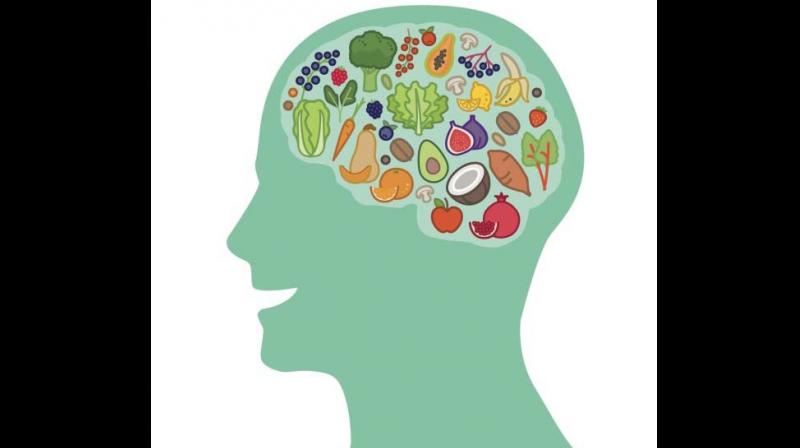Why carbohydrates are very important for the brain
Carbohydrates are essential for our body, especially for our brain.

The human race is distinguished from other animals because it has the highest development of cognitive functions thanks to an evolved brain. This brain is about 1,400 grams in weight i.e., only about 2 per cent of the body weight.
But this has the highest consumption of energy and oxygen. An adult brain consumes about 20% of the oxygen supply to the body and almost 20% to 30% of the energy consumption of the body. A developing brain of an infant can use almost 50% of the energy used by the body.
The primary source of energy in the brain is glucose. Rarely, in glucose depleted situations, like fasting etc. it can use ketones to some extent for a limited period. Brain has a very high rate of metabolism, using ~5.6 milligramme glucose per 100 gram of brain tissue per minute. Dr Ashish Shrivastav, senior consultant neurosurgeon at Apollo Hospitals explained, “Carbohydrates are the only nutrients which can match this rate of energy requirement. However, the brain prefers to get its carbohydrates from carbohydrate rich whole foods rather than simple sugars. The cognitive functions or the thinking capabilities of the brain deteriorate if the glucose levels fall in the brain. A rapid relief can be obtained from carbohydrate rich whole foods. At the same time, glucose from simple sugars causes detrimental effect to the brain. Hence, glucose from whole food carbohydrates is essential in diet but excess simple carbohydrates are harmful.”
Fruits, vegetables and cereals or more scientifically, foods with low glycaemic index (a measure of the relative ease of sugar release from any food) is desirable. Food with high glycaemic index, for instance, white sugar or juices, are not the correct sources of carbohydrates.
In type two diabetes mellitus, there is a situation of “deprivation in the presence of excess”. The glucose level remains high outside the cell but low inside it. Thus, the cells, esp. neurones/brain cells cannot function properly. There is a unique metabolism in different types of bodily organs. Contrary to brain, the muscles require more proteins. The fat in our diet has been criticized a lot in recent times as being “The Villain”. But fat is essential for many functions of our body. The membrane covering the nerves is made from fatty material. So, as always, there are no absolute positives or negatives. Carbohydrates are essential for our body, esp. for our brain, but in right quantity and of the right quality ( i.e. from whole foods and of low glycaemic index).
Clinical nutritionist Tanu Arora explained, “ Carbohydrates are one of the most important nutrients needed for healthy brains functioning. They are the main source of energy for brain. When carbs are eaten they are eventually digested and broken down into smaller sugars molecules called glucose. Carbohydrates significantly affect the mood and behaviour, they are equally important for mental health also. People who are on high fat, low carbohydrate diet for a year had more anxiety, depression, and anger than people on a low fat, high carbohydrate diet. Without sufficient glucose, the central nervous system suffers, which may cause dizziness or mental and physical weakness. If the body has insufficient carbohydrates, body consume protein for its energy source, which ultimately leads to burden on kidney also. People who don’t consume enough carbohydrate may also suffer from insufficient fibre, which may cause digestive problems and constipation”.

